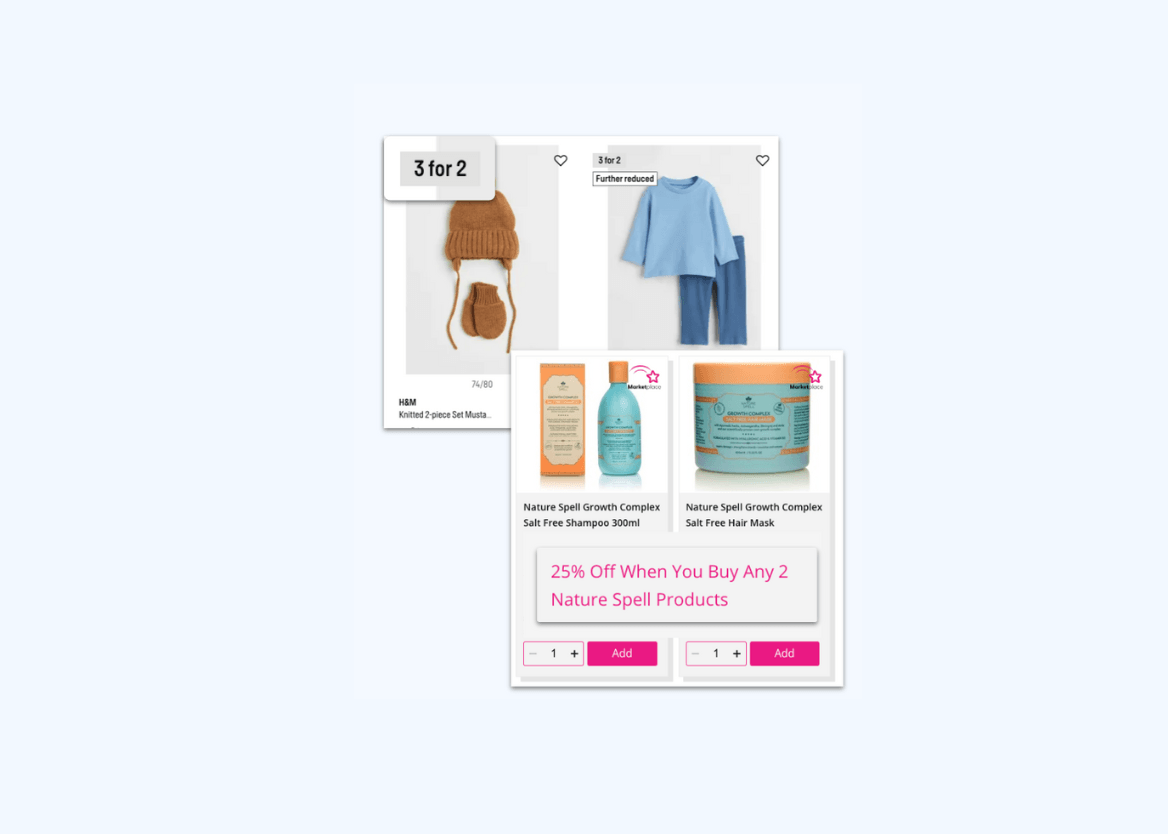Is Your Brand Ready to Seize the Marketplace Opportunity?

Last year, the top 100 online marketplaces globally accounted for more than half of global online sales, totaling a whopping $1.8 trillion. Their popularity is growing fast: marketplace sales grew by 23% from the previous year, outpacing the 18% growth of the global e-tailing industry.
Whether you’re a retailer or an eCommerce player, it’s time to start thinking about how marketplaces fit into your business strategy. Merchants and businesses alike are discovering that selling on marketplaces is a critical move, setting you on the fast track to growth by helping to multiply your online sales channels, reach millions of new customers, and grow your online sales.
In 2011, Spanish footwear brand Camper joined Spain’s first online marketplace, and was amongst the first two brands in the country to have an active marketplace strategy. Now, in 2019, it’s key to their strategy. They sell on 35 marketplaces across Europe, the U.S. and Asia. As Camper’s Head of Digital/eCommerce & Marketplace, Fabien Ploet, says about the marketplace opportunity, “Camper sees so many traditional retailers building out their own marketplaces – it is imperative for us to participate.”
Finding the best marketplace opportunities for your business
Selling on marketplaces is about more than just the giant digital-native online marketplaces like Amazon and eBay. Established brands are launching online marketplaces to deliver the selection and convenience that their customers are asking for. These brands are actively looking to partner with the merchants that can help them grow and deliver on their brand promise. As Fabien at Camper puts it, “Our biggest issue at the moment is too much demand from marketplaces!”
But finding the right marketplace partners can feel like a challenge – and if you’ve tried out some of the aggregators out there available for merchants and businesses looking to sell on marketplaces, you might be tempted to stick with the big online marketplaces you already know.
That’s why Mirakl created Mirakl Connect. Think of it as LinkedIn for marketplace operators and the merchants and businesses who want to sell their products on marketplaces. It includes dozens of big brands who are running Mirakl-powered Marketplaces, like Afound (H&M Group), Anthropologie, Best Buy Canada, Darty, Galeries Lafayette, Harvey Nichols, J.Crew, and Worten. All of these retailers are looking to connect with sellers whose offerings match their brand promises and complement their core assortments.
Mirakl Connect is changing the way that merchants and marketplace operators find each other – its innovation was recently recognized at Paris Retail Week, where it received the award for Most Innovative Marketplace Project. Now, there are dozens of marketplaces on Mirakl Connect looking for merchants selling in categories like home & garden, luggage, toys, furniture, electronics, and apparel.
Camper has already found eight marketplaces that present new opportunities for their business. “We have already started receiving business requests, and we plan to initiate conversations with all this interest both from Camper’s side as well as from the marketplaces,” Fabien said.
Once you connect with these marketplace operators, Mirakl’s custom-built connections with Magento and Shopify (coming soon), and feed management solutions pre-integrated into Mirakl, make it easy for you to start selling – and keep growing your business.
Tips for evaluating marketplace opportunities from leading footwear brand Camper
Fabien shared how Camper segments and prioritizes all of their marketplace business opportunities:To have a successful marketplace strategy, every merchant needs to find the marketplaces that are the right fit for their brand. Camper started selling on online marketplaces in 2011, and as one of the first brands to establish a marketplace strategy, they’ve learned what it takes to be successful.
“We first look at the overall business potential, with a honed-in focus on the positioning. We need to maintain a certain identity and integrity for our brand, and the marketplaces that we sell on need to be on-brand.’
“We then evaluate the ease of integration and operational limitations. This could include actual technical integration, logistics, and customer service, which are all data points that feed into the 70-point checklist we use to measure the desirability of the marketplace opportunity.’
“Geographic region also factors into the selection. For example, the U.S. market is a great focus for Camper’s expansion, so a marketplace in this region would be higher up in the priority list.”
Ready to start selling on Mirakl-powered Marketplaces?
Brand-name retailers are using Mirakl’s technology platform to power their online marketplaces, creating hundreds of new sales channels that can help merchants grow their businesses online, whether they’re an Amazon seller, a brand or an omnichannel retailer.
Over 20,000 businesses and merchants have increased their online sales by selling on Mirakl-powered Marketplaces. Are you ready to be one of them?



